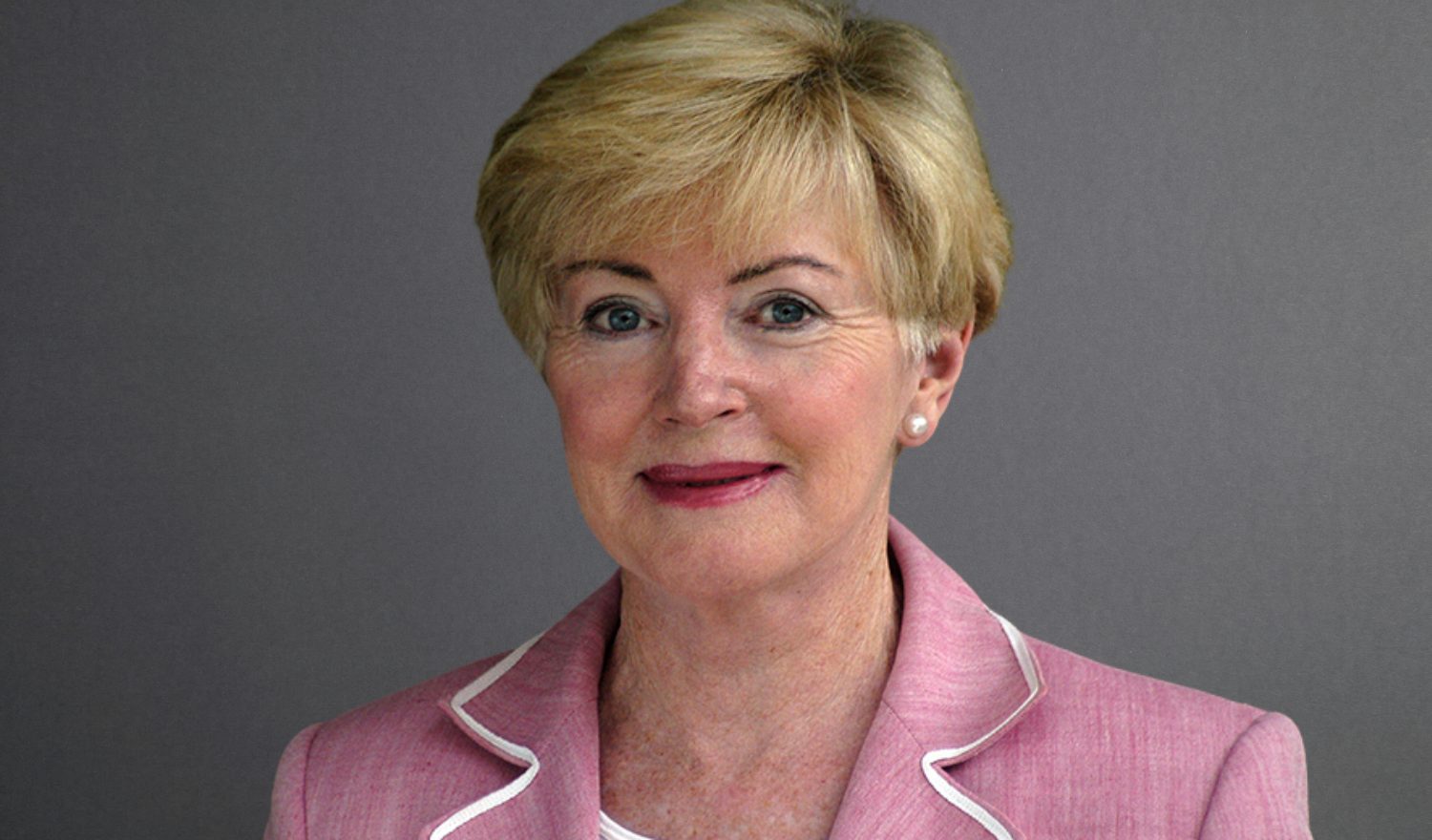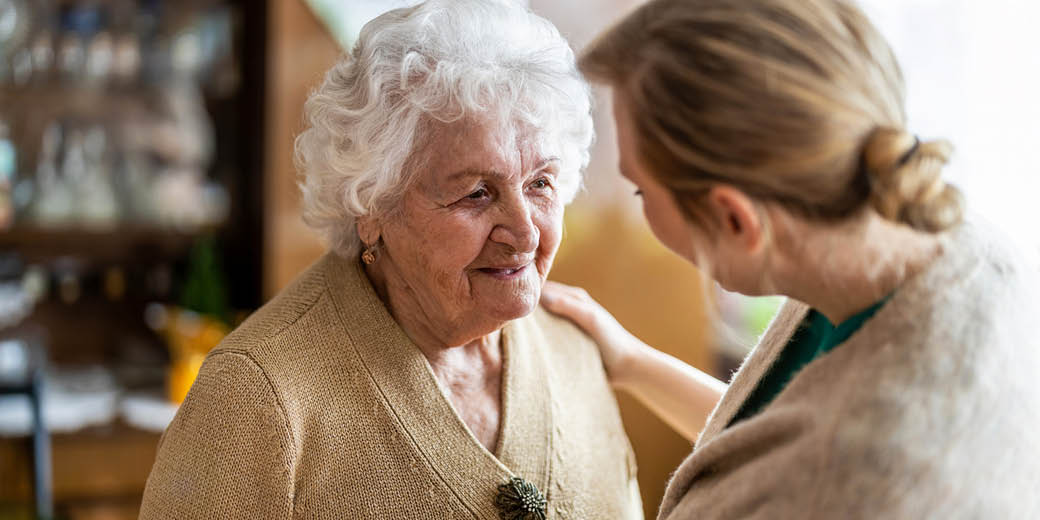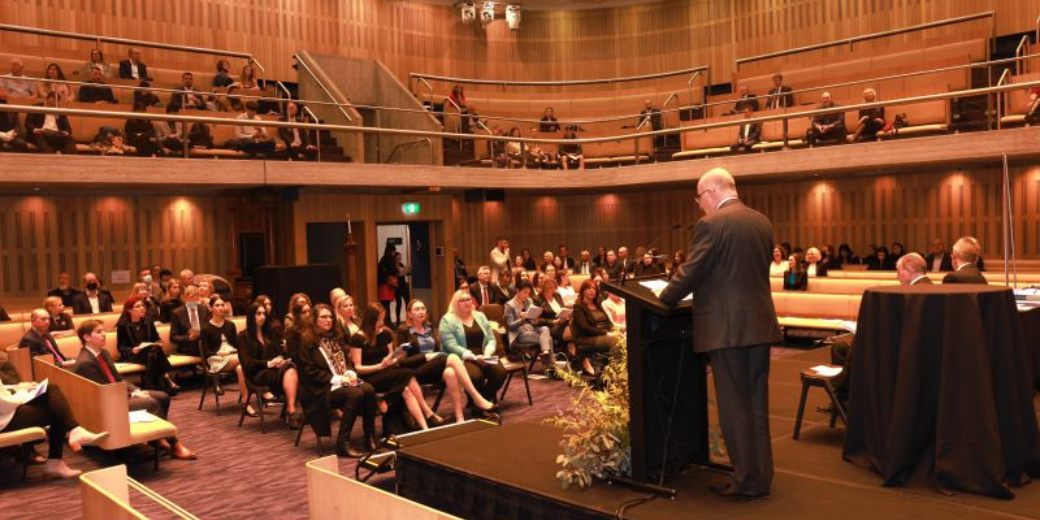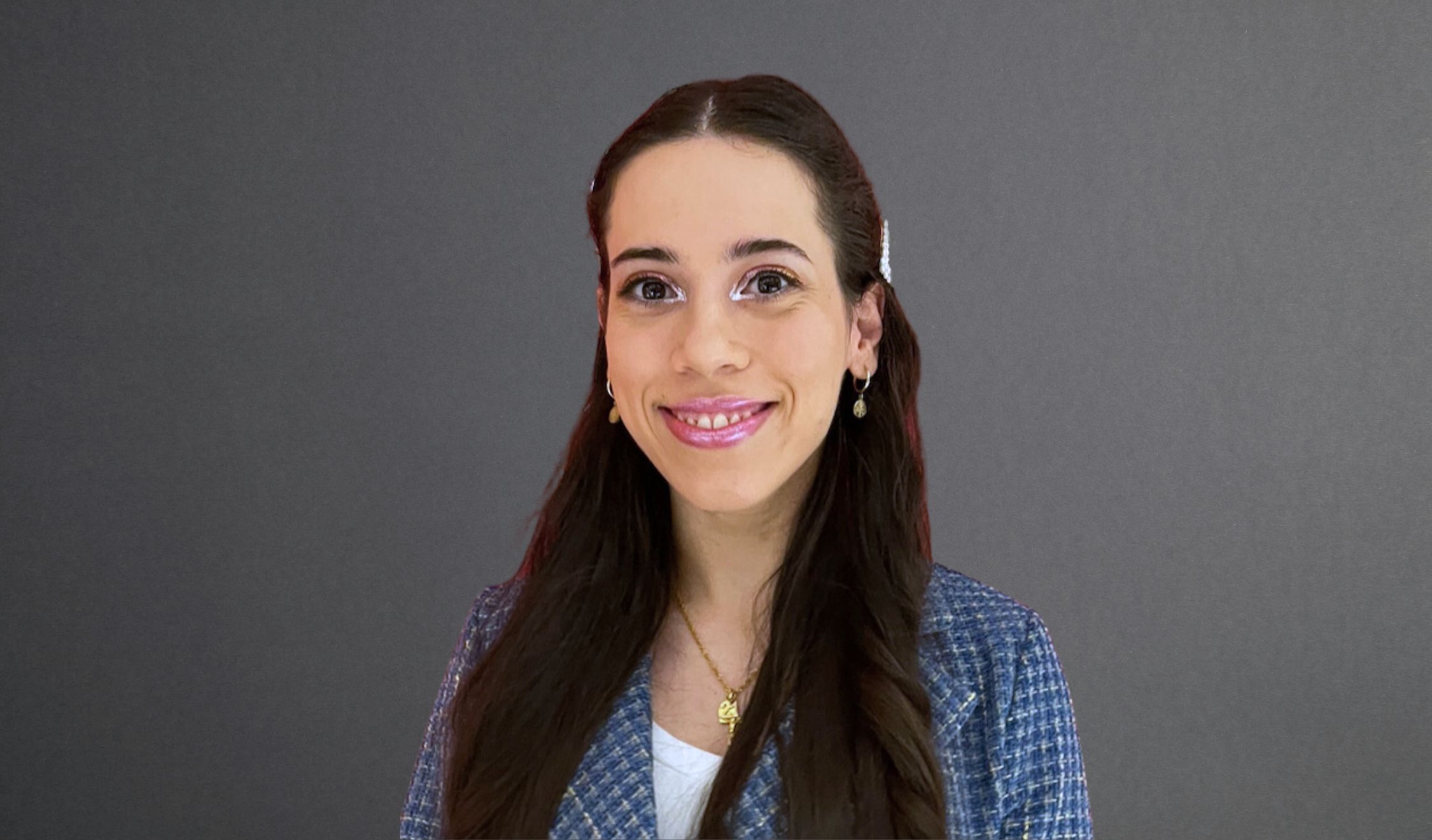Law is competitive at every level, from gaining entry to law school to attaining the most sought-after law firm clerkships, PLT placements, and government internships. Graduates living with disability can find this especially daunting as they navigate the gauntlet of whether to share information about their disability, how their employer might respond, and how this might impact their career progression.
The College of Law’s National Career Advisor Ruth Beran recently hosted a webinar, Navigating a Legal Career with a Disability, to shine a light on this issue.
Supported by National Careers Professional Susan Pincus, also from the College, panellists included corporate lawyer Kate Long from Disabled Australian Lawyers Association (DALA), Sonia Sawant, Deputy Managing Lawyer of Victorian Legal Aid and also from DALA, Rosie Lane, Access and Inclusion Index Lead at the Australian Network on Disability, and law student Thomas Gedye, who completed an internship with the Commonwealth Attorney-General through the ‘Stepping Into’ program, and has since been offered an ongoing role.
Living with visible (and invisible) disability
Majority of the panellists lives with either a visible or less visible disability. Thomas Gedye, a third-year law and criminology student, wears a cochlear implant on his right ear. Kate Long is autistic and has ADHD. A New Zealand native, she completed her College of Law studies through College of Law New Zealand before moving to Australia in March 2020.
“Like many neurodivergent women, I wasn’t diagnosed until adulthood,” Kate shared. “I started my career as a lawyer and was then diagnosed. So, I’ve been navigating what that means for my career and personal life.”
Alongside Sonia Sawant, who wears hearing aids, Kate is part of the DALA leadership group. “Through DALA, I’ve been able to connect with other disabled lawyers, including neurodivergent lawyers like me. Earlier this year, I was awarded Wellness Advocate of the Year at the 30 Under 30 Law Awards.”
How to talk about disability in the workplace
Recently, a range of terms and euphemisms have emerged around disability, including ‘diverse ability’ or calling disability a ‘superpower.’ While well-intended, such terminology can have an adverse effect, minimising the difficulties of one in five Australians who have a disability.
“There’s nothing wrong with having a disability,” Rosie Lane points out. “Language is very powerful. There’s still a stigma associated with the word ‘disability’. By using words that steer around this term, you’re steering around the stigma.”
Instead, Rosie prefers to focus on accessibility. “Language is very personal. People will have their own way of talking about their disability or their lived experience. Always be guided by the individual.”
An example of this is referring to autism as a ‘superpower’. “This term gets thrown around quite a lot when people talk about autism and other disabilities,” Kate says. “It’s human instinct to try and make people feel better about being disabled, but it really isn’t necessary.”
As Kate explains, the reality for many with autism is not being ‘super-smart’ or possessing perfect recall. “Rather, it can be hard to hold down a job, complete a degree, or get through the day, using language like ‘superpower’ undermines the issues that a lot of neurodivergent people face.”
There are ways you can take the pressure off in these situations Kate says. “If you notice phrases like ‘diverse ability’ or ‘superpower’ thrown around, perhaps have a conversation with the disabled person and let them take the lead. So the emotional labour isn’t always on the disabled person to change the conversation.”
How can you tell if a legal workplace is inclusive?
Entering a new workplace can be intimidating for anyone. If you are aiming to gauge how inclusive your new workplace might be, the panel has a few tips:
- Check the website. Does the organisation have a disability network? Are there any policies around disability? Are disabled lawyers being promoted? If the website is silent, it can be a sign the firm is not the right fit.
- Ask for ‘reasonable accommodations’ throughout the recruitment process. Give the HR department a call. You can obtain a sense of how tuned in the organisation is to reasonable accommodations.
- Speak to other disabled lawyers. Try organisations like DALA, or informally through LinkedIn.
Should you share information about your disability?
The decision to share information about your disability is entirely up to you. For those with a visible disability, this may be less of an option, but for those with a less visible disability, this question comes up quite often.
“There’s no legal requirement that you have to disclose your disability at any stage with your employer, the only time you do is when it might affect your ability to do your job,” Sonia explains. “My hearing impairment was important to share as I am a solicitor advocate. I was lucky to have a very supportive manager and organisation, it makes you value your employer.”
Having these kinds of conversations can help you assess whether the role is the right fit for you. Do you feel comfortable bringing your ‘whole self’ to work? How much is your employer willing to support you?
As a law student new to the workforce, knowing when to share information about your disability can be challenging. “That’s why Stepping Into is such a great program,” Thomas says. “Disability is at the forefront of the conversation.”
Rosie again notes the terms we use are important. “We talk about sharing disability information, not disclosing, it takes away the feeling that you have to share it.”
Applicants for the Stepping Into program are not required to share their disability. “Rather, we’ll ask what adjustments in the workplace could be made to support you. The only thing we pass onto hiring managers are any details of workplace adjustments that you would like passed on.”
It is also important to remember that adjustments don’t end on day one.
“What you think will work for you may not be the same once you’re in the workplace,” Rosie says. “There’s absolutely nothing wrong with getting weeks, months, or even years into a role and asking for a discussion about how you can adjust your workplace reasonably to meet your needs.”
Have legal workplaces evolved to better include people with disabilities?
In short, yes. But according to Sonia there is still a long way to go.
“In my organisation we have an anonymous peer support network, we support each other, share stories, and advocate for better inclusion and diversity within the organisation. We have a Disability Action Plan and a Diversity and Inclusion team.”
This type of support and experience varies significantly between organisations. Some see Diversity & Inclusion as a ‘tick-box’ exercise. “For example, you might be asked whether you need ‘reasonable adjustments’ when registering for a job and even though you may state what you need, nothing will be done,” Sonia explains.
While Thomas had negative experiences prior to his internship, mostly in the education system, he described his Stepping Into experience as “fantastic”.
“Right from the start, they were so concerned about accessibility and providing as many accommodations as they could,” Thomas says. “The office was so conscious of what might make things difficult for me. On the Friday afternoon of my first week, my supervisor walked me out and spoke about the possibility of an extension. This was pretty incredible.”
Interested in an internship? Give it a go!
For students or recent graduates interested in an internship, Thomas advises the importance of highlighting your strengths.
“Everyone will be good at different things. Put your strengths at the forefront of your application and don’t be afraid to apply for things that might be outside your comfort zone,” Thomas says. “At the Commonwealth Attorney-General’s office, I’m involved in native title law. It’s not even taught at law school. I hadn’t done property law yet. It was a little bit of a shock but it was exciting to get outside of my comfort zone.”
“It’s so important to back yourself,” Kate says. “Go for roles that might be a little bit out of reach but you’re interested in, don’t discount yourself because you are disabled. Give it a go. Put your name out there.”
Stepping Into Internships
The Stepping Into internships are paid and can be full time, part time, and/or delivered flexibly. Summer internships may be longer, up to six or eight weeks. The internships Include legal roles within government, private practice, companies or not for profits and students can ask at interview whether the internship counts towards PLT work experience.
“We offer Stepping Into internships nationally in nearly all capital cities and regional areas,” Rosie explains. “We’ve seen interns move for internships. Think about your capacity to relocate. We can’t support the cost of relocation or transport, so think about your support network.”
“You must nominate three positions you’re interested in as preferences,” Rosie outlines. “If you’re eligible, you’ll be interviewed for 30 minutes by one of my colleagues. We want to get to know you, what you’re interested in, and what roles you might be a good fit for. If you’re shortlisted, the next step would be to put together a cover letter for that role, so it’s really targeted. Internships are paid. Host employers pay interns directly. Our team is there to support you and the supervisor throughout.”
More information: https://www.and.org.au/students-jobseekers/start-an-internship/
FAQs: https://www.and.org.au/students-jobseekers/stepping-into-intern-faqs
Positive Action towards Career Engagement (PACE) mentoring
PACE Mentoring is a free, 4-month mentoring program that matches jobseekers and students with disability to mentors from Australian Network on Disability’s member organisations. The program is focused on developing employability skills and confidence, and working towards career goals. Anybody over the age of 18 who identifies as having a disability, mental health condition or chronic illness is encouraged to apply for the program.
Applications are open all year and the program runs twice a year, April-August and August-December.
More information: https://www.and.org.au/students-jobseekers/find-a-mentor/
FAQs: https://www.and.org.au/students-jobseekers/find-a-mentor/pace-mentee-faqs
DALA legal internships
DALA legal internships are a two-week unpaid internship program spaced over a five-week period.
Further information: “DALA was established in early 2021,” Sonia says. “We are still evolving as an organisation. We’ve established some good collaborations, including with the County Court of Victoria. This year we ran an internship program with the support of two judges. Three students were successful and placed in the internship program with judges. Currently we are in discussion with the Magistrates Court of Victoria.”
More information: https://www.linkedin.com/company/disabled-australian-lawyers-association/




















































![How to handle Direct Speech after Gan v Xie [2023] NSWCA 163](https://images4.cmp.optimizely.com/assets/Lawyer+Up+direct+speech+in+drafting+NSW+legislation+OCT232.jpg/Zz1hNDU4YzQyMjQzNzkxMWVmYjFlNGY2ODk3ZWMxNzE0Mw==)



































